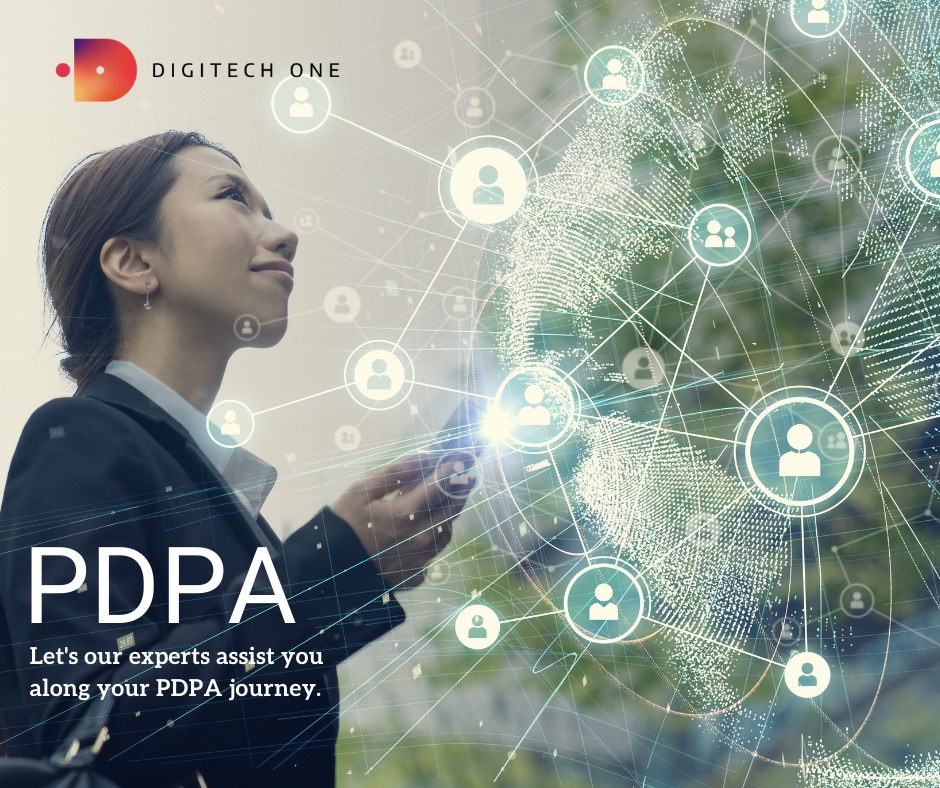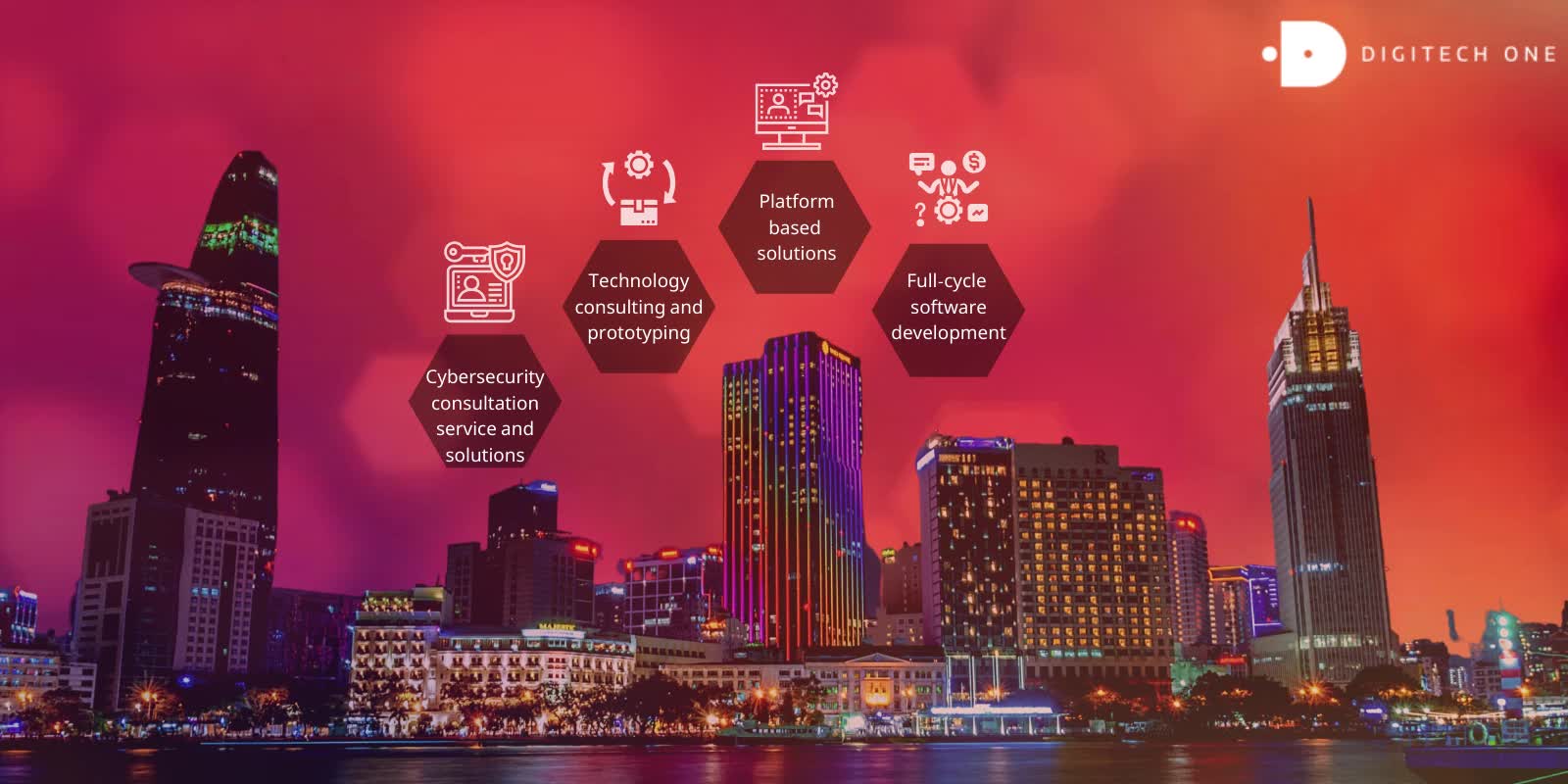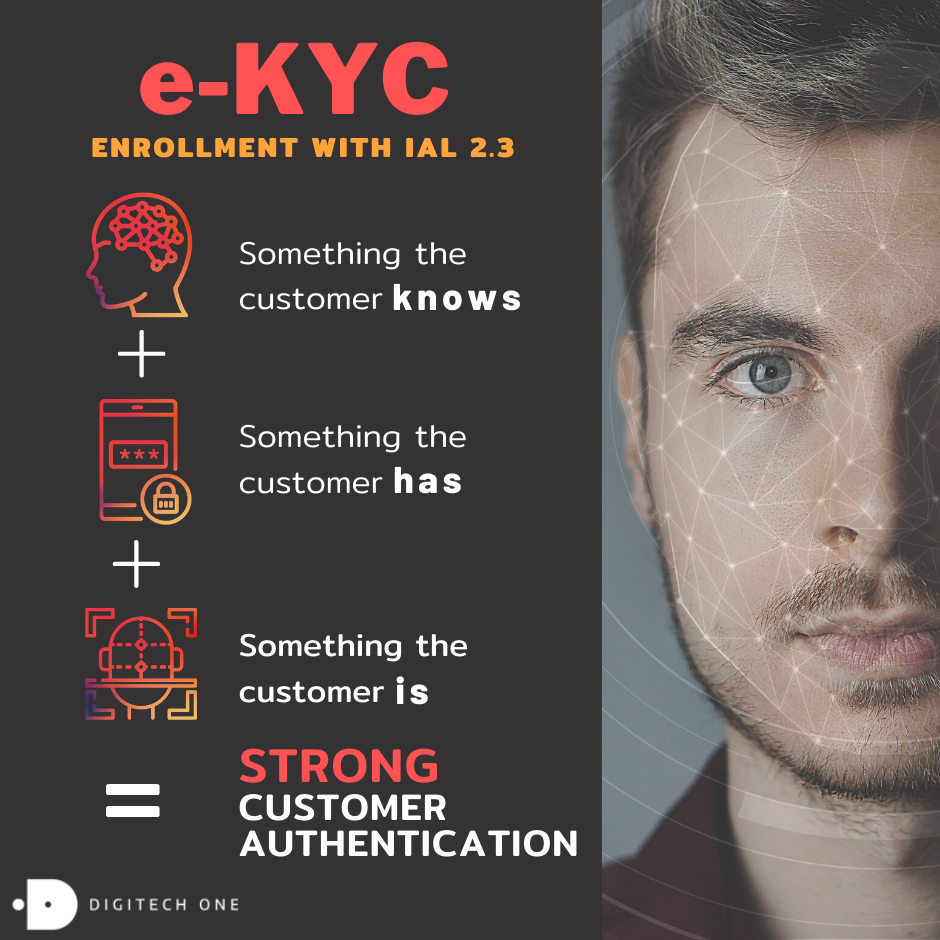After completing her undergraduate studies with a Bachelor’s degree in Marketing awarded by the Faculty of Business Administration, Thammasat University, Pilada Intanate spent a year studying Mandarin at Shanghai Jia Tong University.
From there, she travelled to England where she earned an MSc in International Planning at University College London (UCL) after completing her thesis in Culture-led Regeneration and Public Participation Process: A case study of Bangkok. Since September 2014, Pilada has served as an assistant to the CEO at DataOne Asia (Thailand) Co, Ltd, and in January 2020, you also assumed the role of deputy executive director of the company as well as Chief Executive Officer (CEO) of Digitech One (Thailand) Co, Ltd, which provides core technology, ID verification and digital signing platforms as well as mobile lending technology to banks and other entities that ensure cybersecurity and data protection. Recently, Elite+ had the opportunity to sit down with Pilada to discuss the digital services industry and managing companies in this rapidly evolving digital age that are also facing the Covid-19 pandemic.
Can you tell us about Digitech One Co, Ltd and how it began?
Digitech One Co, Ltd was established in 2019 by its parent company, SVOA PCL, which has provided IT services for more than 30 years, developing specific IT systems for large organisations. With the advent of digital disruption, the SVOA board of directors saw the opportunity to establish a new company to expand services and provide platforms that can assist and enhance operations for small and medium size enterprises, or SMEs.
Many types of businesses have been affected by the rapid changes and advancements in digital technology that we saw as an opportunity for a company like Digitech One. Our aims are to educate and provide support to organisations of different sizes to help them adapt to changes in their line of business through the integration of digital technologies and instruments that will benefit their operations. Our main services consist of developing application platforms and acting as a consultant for private businesses and organisations as well as government agencies, particularly when it comes to cybersecurity. Most of our customers are involved in banking and finance, insurance and healthcare services.

Digitech One mainly focuses on industries that deal with a lot in data and financial exchange, and we have set as our goal the creation of digital platforms that can serve and satisfy the specific requirements of organizations in each and every industry.
Already, we have developed an application for a healthcare organisation that enables quick and easy storage and access of vital health information that lets registered patients keep abreast of their personal health information. We have also developed an application that permits bank customers to automatically see their personal credit information, apply for a loan digitally, request and submit invoices and receipts as well as organise their accounts and tax documents. As you can see, what we do is develop and create systems that make it easy for our clients and their customers to access, exchange and use data and information in ways that will benefit all parties involved.
As you hold positions at both DataOne Asia (Thailand) Co., Ltd and Digitech One Co, Ltd, can you explain some of the differences between the services each provides?
DataOne Asia (Thailand) is mainly a System Integrator (SI) focusing on the banking and insurance industries. This means we offer a range of software packages which we can customise to meet the specific demands and requirements of each customer on a project basis. Digitech One, on the other hand, focuses on platform business and a recurring income business model where we identify the needs of a particular industry ecosystem to provide the necessary technology to facilitate a client’s business and interactions to be more efficient, secure and connected. Digitech One will build a particular platform that can be used or adapted to support all types of businesses, from SMEs to large corporations that have a lot of users. We provide a full range of services, from upstream to downstream of a given system. Businesses do not need to invest in hardware and applications upfront, but can use a platform by selecting the package that best fits their needs and pay for the service per organisation usage.

What would you say are Digitech One’s strengths?
Our employees are all well experienced with strong integration and software design skills to ensure user-friendly applications and platforms for all customers. Because we have previously worked along with organisations in the banking, finance and insurance industries, security features are well embedded in our designs.
Digitech One has divided our services into three main areas: Software-as-a-Service (SaaS), where we create platform for the exchange of data and information; readymade software that a customer can integrate with their own software, i.e., industry specific applications, for example, a Identity Verification platform, Know Your Customer (KYC) technology and white label applications for our enterprise customers to be able to provide online banking services such as opening an account or submitting a digital loan application; and lastly, cybersecurity services. For cybersecurity, we offer a full range of services, including consultancy services as well as provide cybersecurity solutions to meet customers’ needs. I would say there is now an enormous potential for growth during the next five years, and our aim is to double our business in this area in the next three to five years. In the past five years, the government enacted a number of acts of legislation to enhance the national cybersecurity threshold for organizations which form a critical information infrastructure.
Digitech One also acts as a consultant for businesses that would like to implement digital platforms and technologies. We will first sit down and talk to a potential client and together work to figure out what they are missing and need, and then provide them with the solution to fill this gap.
Have you had to make any adjustments to your business model during the Covid-19 pandemic?
I would have to say that this coronavirus has actually had a positive effect on our business. As many companies and people in general now try to avoid direct, face-to-face, physical contact, online applications have become much more vital in providing services in banking, insurance and finance. For many of our clients as well as ourselves, we need to conduct online business and conference calls to keep everyone safe and protected as best we can. Internally, we are continually cleaning to ensure our premises and equipment are all hygienically antiseptic. We also work to educate our employees and ensure they are vigilant in protecting themselves, their colleagues and families from Covid-19. We now organise monthly webinars to share knowledge and information and are actively using digital marketing tools to engage with customers.
Could you give us some tips on how you manage and supervise your employees?
First of all, what every company needs to do is set goals. Secondly, two-way communication is a very important factor in making operations run smoothly. As a CEO, or person who works in management, I am always determined to give the best to my employees. My role is to provide the support and resources they need. If one of my teams wants to learn something new, whether it be skills or knowledge, it is my responsibility to provide them with the courses and training that will increase their potential and improve my company’s performance. This way we will all benefit. Another thing I always try to do is to encourage and motivate everyone. If an employee lacks motivation, then their work will not be as good as it can and should be. Another very important thing is to assess the performance of each employee. Then, those that have performed well should be rewarded while those who underperform should be penalised in some form as well.

As we come to the close of this interview, could you tell us something about how you relax, what you do to enjoy yourself when you are not working?
I am always seeking to learn more. Since I was very young, I have never stopped in my pursuit of new knowledge. Before, Covid, when there were trade shows and events being held, I often attended, like FinTech exhibitions and conferences to stay well informed of the changes and updates of the industry. I also regularly enrol in courses at least once or twice every year to expand my vision and what I know, and I always give it my all while I’m working. After work, I like to keep an active lifestyle, whether it’s yoga, tennis, swimming or some other activity.
Any final thoughts you would like to leave with our readers?
Regarding the pandemic, I would advise everyone to take care of their mental health as well as physical health which is important to grab new opportunities and meet challenges in this turbulent time. I’d like to wish everyone a belated Happy New Year and say I hope it will be a better year for us all.
























































































































































































































































































































































































































































































































































































































































































































































































































